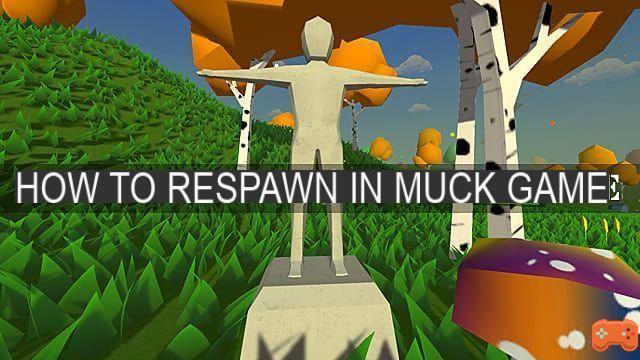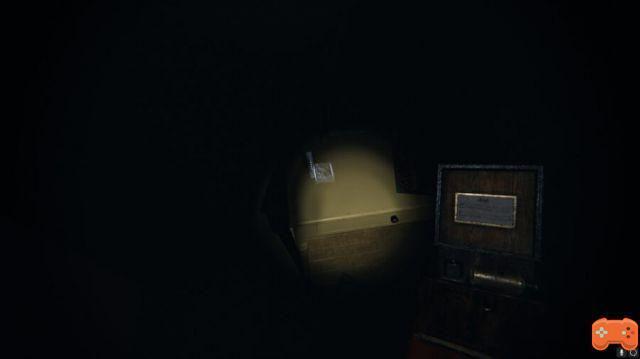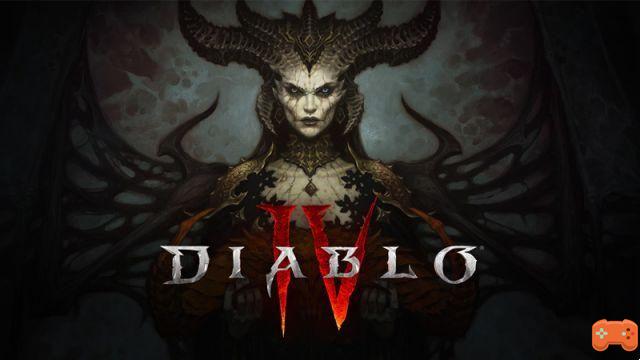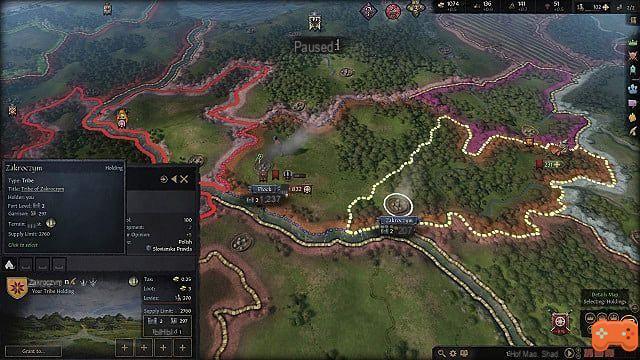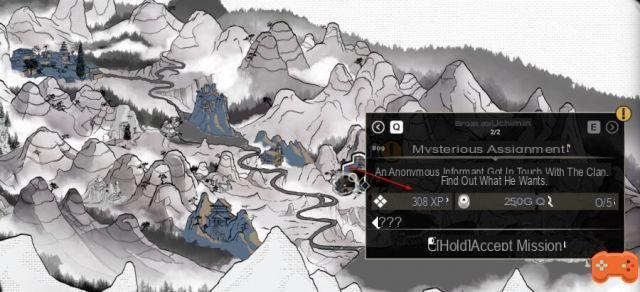Expeditions: Rome is a massive game. From the grassy plains of Asia Minor to the sandy dunes of North Africa, I traveled with Legio VI Victrix. I've defeated armies to capture settlements and emerged unscathed from skirmishes against hostile squads.
Still, with just over 25 hours of gameplay under my belt, I realized I hadn't progressed further than halfway through the second act of Expeditions so far. Normally you would think that you haven't scratched the surface of such a massive experience in that amount of time. Sadly, I feel like I've experienced everything the game has to offer.
Expeditions: Review of Rome in progress – Always walking further
Expeditions: Rome places you in the role of a Roman commander from a patrician family. Your father has been killed and your in-laws have sinister plans. At the start, you'll choose a class and meet none other than Julius Caesar himself. Then, as you progress a bit more through the campaign, there's a twist where you realize you're about to carve out your own destiny.
Along the way, you are aided by unique companions. There is your faithful friend, Caeso Quinctius Aquilinus, as well as Syneros, a trusted adviser. Soon you will meet Bestia, a fighter who has a chip on her shoulder, as well as Julia Calida, posing as a man so she can join the army. Much later, your group is completed by Deianeira, a gladiator whom you will free from servitude.
The revolving door of characters doesn't stop there, as you're also introduced to historical figures, some of whom are integral to the plot. We'll leave these for you to experience.
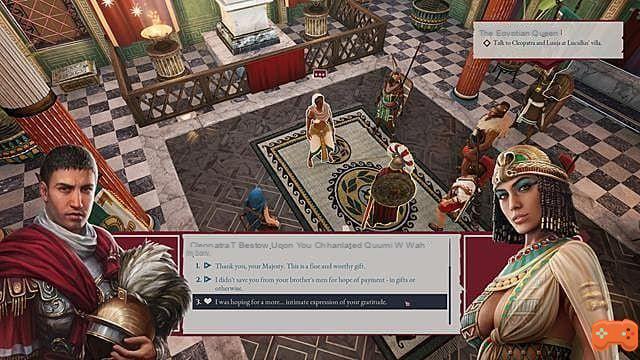
Previous games in the Expeditions franchise have focused on exploring the world map with your merry band. In Expeditions: Rome, however, you will lead Legio VI Victrix.
You'll still wander around visiting villages and RPG-like points of interest, though your legion will bear the brunt of conquest battles, clashes between your army and a hostile force that controls a region, such as Asia Minor. , North Africa, or Gaul. These conquest battles are presented in the form of an aerial tactical map where small icons move automatically. In each phase, three cards called Stratagems are drawn. Choose one and you will see a result.
When your legion conquers a sector, you will be able to undertake missions to pacify it, as well as send your forces to occupy the infrastructure. You will then receive resources that can be used to upgrade buildings in your outpost.
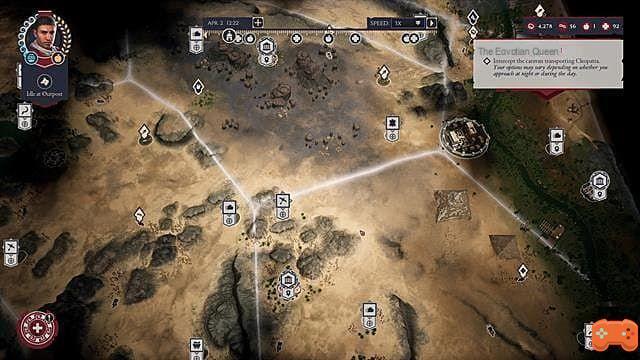
This is just the metagame in Expeditions: Rome. The central element as you progress through the story is your regular party. You are not limited to your companions, as you are allowed to recruit generic soldiers who can become praetorians (party members) in their own right.
All characters belong to a particular class. For example, Caeso and Deianeira are Princeps, the “tanker class”. Bestia, on the other hand, is a Veles, the archetypal assassin who can easily flank her enemies and land quick strikes with dual-armed weapons.
As for Julia, she's Sagittarius, but that doesn't mean she likes Leos and doesn't get along with Capricorns. Rather, Sagittarius is your archer class, with an "overwatch-esque" ability to boot. Finally, there's the Triarius class, which is what Syneros is. It provides utility and healing effects to your team.
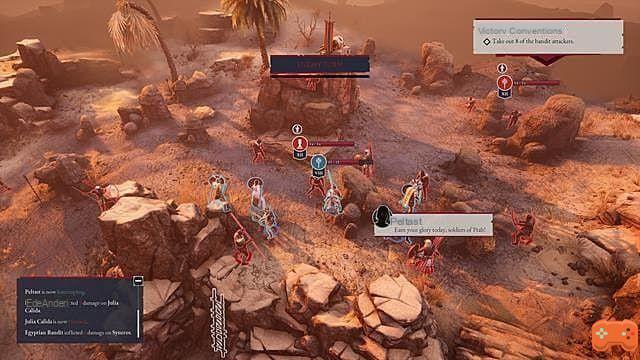
Group combat in Expeditions: Rome follows a turn-based tactical affair similar to its predecessors and others in the genre. Characters move to hexes and use their abilities to knock down their enemies. Planning and effective target selection are key too, so you can chain kills, break armor, or gain buffs through flanking maneuvers.
Plus, since you're allowed to recruit generic characters, you can create a team to suit your playstyle. Do you want multiple Triarii for endless healing, free action refreshes, and AoE boosts? It's perfectly fine. Alternatively, you can bring multiple Sagitarii if you want to hang back and shoot whatever comes your way.
Likewise, you will participate in siege battles, which are the culmination of each act. These are multi-phase tactical encounters where your whole party is required (you'll split them into squads to tackle different objectives in a stronghold). During the final engagement, everyone regroups to fend off the last remaining enemies. You can even use catapults to rain down death from afar.
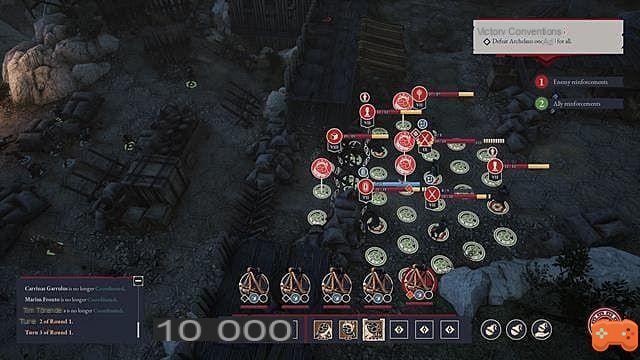
On paper, Expeditions: Rome has a lot to offer. Unfortunately, there are a few things that get in the way.
Still, the Conquest meta-game gets boring as you progress through the campaign. When I started conquering the territories of Asia Minor with my legion, it was like a breath of fresh air. I really felt that there was a great adventure waiting for me. Then, a few hours later, I started begging Expeditions: Rome to stop making this mechanic a prerequisite for advancement.
Indeed, the main quest asks you to pacify five regions at first, then seven, then 10, and finally all 13 to move on to the next act. Later, there's a similar requirement in Act 2. "Here we go again," I muttered to myself, cursing the predicament.
It doesn't help that the Conquest Battles are uninteresting and the Stratagems you receive for completing them are random. Along the same lines, your outpost buildings essentially act as menus, with subsequent upgrades only improving their boosts.
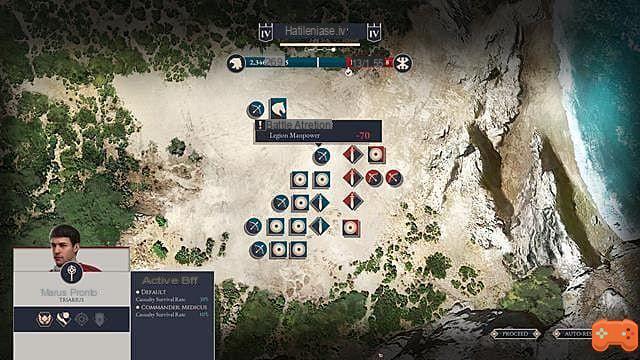
This feeling of disappointment is further compounded by random events on the world map. To be fair, it's a staple that I tend to like in various games. However, because there are dozens of regions to conquer, and the fact that you have to let time in the game pass between certain actions, you will experience many random events.
Many of them have outcomes that must be avoided to prevent characters from getting hurt, dodge dialogue options that cause approval/loyalty drops, or keep your army from losing rations. As such, it's getting to a point where reloading saves to avoid RNG-based crashes is a common occurrence.
The tactical side of things in Expeditions: Rome is less problematic, but a few oversights still occur. For example, characters assigned to outpost facilities cannot be inspected, which means you have to remember their perks and unlocked skills.
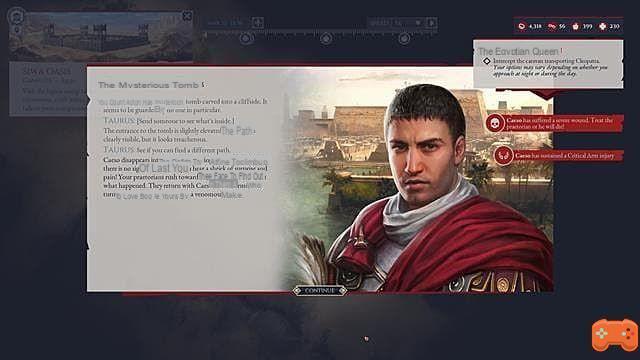
Besides that, there doesn't seem to be a way to respec skill points. You have to live with your decisions if you build your companions a certain way. In the case of Generic Praetorians, your group of recruits already have random and pre-made builds, and I had two options if I wanted the right abilities.
The first was to "save the scum" until I found a character I liked. The second was to fire the leaders of my army and rehire them as regular party members. This was to make sure I had high level soldiers with skill points that could still be assigned.
Rome Expeditions Review In Progress – The Outcome So Far

Benefits
- Turn-based mechanics provide tactical depth.
- Classes have distinct abilities and roles on the battlefield.
- The composition of the group allows the freedom to mix and match different or identical classes.
- The double and interchangeable loading system allows for versatility.
- A decent narrative with key twists.
- Appearances of real historical figures.
- Unique companions with their own personalities and traits.
- Unique items that can really impact skill trees and builds.
- Dismantling system.
- Secrets and side quests.
- Sege battles and catapults.
The inconvenients
- The Long Conquest metagame turns into a tedious job.
- Bland army battles with RNG-based card draws.
- Spending time on the world map leads to random events and disastrous results.
- RNG based Legion Recruitment.
- Rhetorical style dialogue options are rarely used.
Expeditions: Rome is ambitious in size and scope. Those who have played previous games in the franchise would be surprised by the scale of its campaign. Unfortunately, there are a few missteps on the strategic side of things that veer into boredom, even if the tactical battles keep you on your toes.
So far I feel like I've seen everything Expeditions: Rome has to offer on the mechanical side of things, even though I'm only in Act 2. I'm really engaged with the story , quests and tactical battles. . Likewise, I like the challenge presented by long siege battles. Sadly, what I still can't stomach is the metagame slog just to progress.
[Note: THQ Nordic provided the Expeditions: Rome key used for this review-in-progress.]




